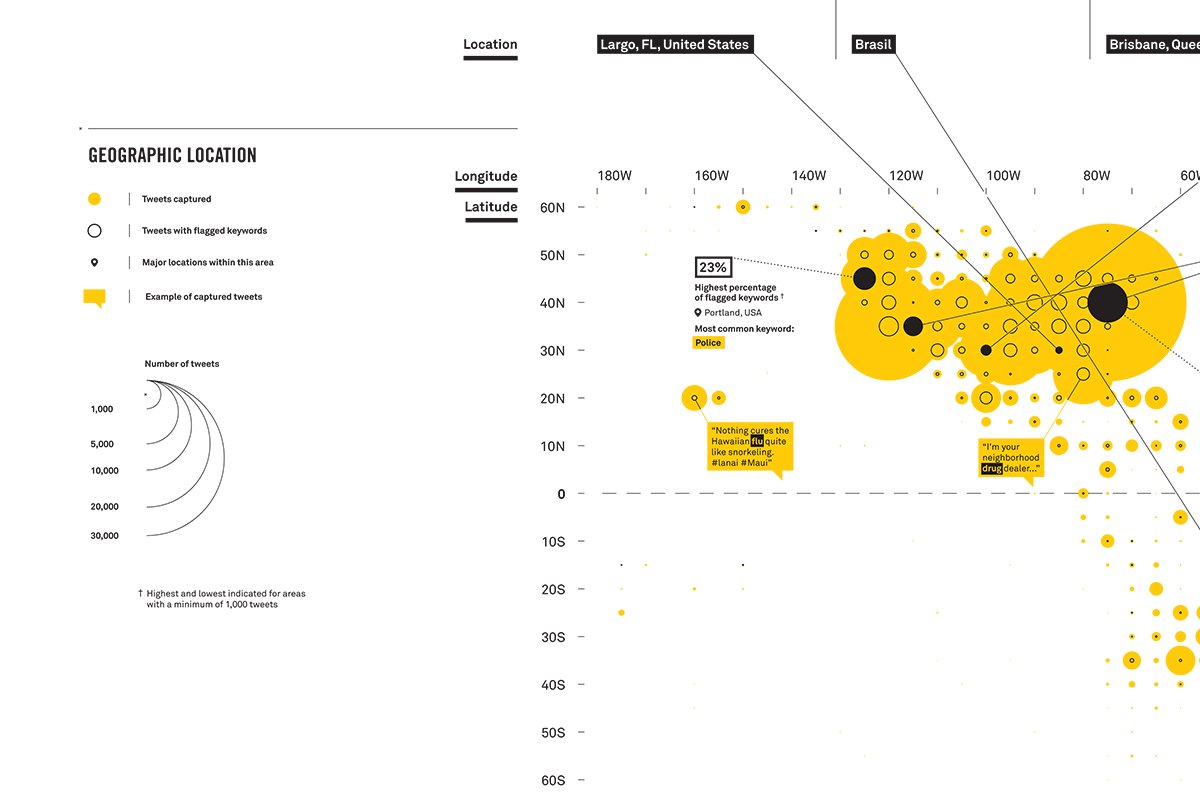Data is the lowest level of raw material from which information and knowledge can be derived. DIKW as one of several ways to define, illustrate and explain the various forms of data, information etc. in a business, transformation and stakeholder perspective.
Jennifer Rowley mapped the DIKW model to different types of information management systems.
- Data is related with transaction processing systems.
- Information with, indeed, information management systems.
- Knowledge with decision support systems.
- Wisdom with expert systems.
What is open data?
Open data is a raw material for the digital age but, unlike coal, timber or diamonds, it can be used by anyone and everyone at the same time. Open data is data that anyone can access, use and share. Open data must be licensed. Its licence must permit people to use the data in any way they want, including transforming, combining and sharing it with others, even commercially.
Cost
Open data must be free to use, but this does not mean that it must be free to access. There is often a cost to creating, maintaining and publishing usable data. Live data and big data can incur ongoing costs related to reliable service provision.
Limitations
For data to be open, it should have no limitations that prevent it from being used in any particular way. Anyone should be free to use, modify, combine and share the data, even commercially
Reuse
Open data is measured by what it can be used for, not by how it is made available. Aspects like format, structure and machine readability all make data more usable, and should all be carefully considered. If something restricts the free use of the data, such as a non-commercial restriction, then this would not qualify as being open data.
The relationship between Big Data and Open Data
1. Big Data That's not Open Data
A lot of Big Data falls in this category, including some Big Data that has great commercial value. All of the data that large retailers hold on customers’ buying habits, that hospitals hold about their patients, or that banks hold about their credit card holders, falls here. It’s information that the data-holders own and can use for commercial advantage. National security data, like the data collected by the NSA, is also in this category.
2. Open Government Work That's not Open Data
This is the part of Open Government that focuses purely on citizen engagement. For instance, the White House has started a petition website, called “We the People” to open itself to citizen input. While the site makes its data available, publishing Open Data—beyond numbers of signatures is not its main purpose.
3. Big, Open, Non-Governmental Data
Here we find scientific data-sharing and citizen science projects like Zooniverse. Big data from astronomical observations, from large biomedical projects like the Human Genome Project or from other sources, realizes its greatest value through an open, shared approach. While some of this research may be government-funded, it’s not “government data” because it’s not generally held, maintained, or analyzed by government agencies. This category also includes a very different kind of Open Data: the data that can be analyzed from Twitter and other forms of social media.
4. Open Government Data That's not Big Data
Government data does not have to be Big Data to be valuable. Modest amounts of data from states, cities, and the federal government can have a major impact when it’s released. This kind of data fuels the participatory budgeting movement, where cities around the world invite their residents to look at the city budget and help decide how to spend it. It’s also the fuel for apps that help people use city services like public buses or health clinics.
5. Open Data—not Big, not from Government
This includes the private sector data that companies choose to share for their own purposes-for example, to satisfy their potential investors or to enhance their reputations. Including environmental, social, and governance metrics. In addition, reputational data, such as data from consumer complaints, is highly relevant to business and government and falls in this category.
6. Big, Open, Government Data (the trifecta)
These datasets may have the most impact of any category. Government agencies have the capacity and funds to gather very large amounts of data, and making those datasets open can have major economic benefits. National weather data and GIS data census data by Department of Statistic Malaysia and data collected by the Ministry of Health Malaysia are others.
Why does open data matter for Malaysia?
The government, businesses and citizens of Malaysia can use open data to bring about social, economic and environmental benefits. Open data can help bring diverse benefits to the government, businesses and citizens of Malaysia. Open data can transform interaction between the government, businesses and citizens. It has the power to help improve services, grow economies and protect our planet.
Are you ready for open data?
Malaysia's Open Data Portal:The Public Sector Open Data Portal, data.gov.my was developed in-house by MAMPU.
References:
 najmi
najmi 


 How to Write a Statistical Story
How to Write a Statistical Story